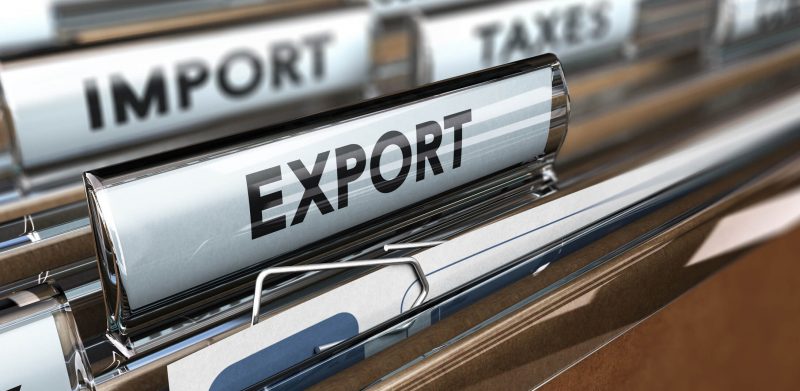
Importer’s responsibilities
Most importers are now using the services of a customs broker to perform various customs related functions. The importer appoints a customs broker through a Power of Attorney and pays fees to the brokerage firm to properly perform the work on their behalf. However, it must be understood that even if a broker or agent is used, the importer is the person ultimately responsible to Customs and as such, would be held liable for assuming the consequences or penalties for any failure, on their part or that of their broker, to comply with Customs laws or regulations.
The importer must know and assume certain responsibilities in order to remain compliant with the various requirements of Customs. At a glance, these requirements may appear numerous and difficult to meet, but many of them are generally addressed in the company’s internal procedures such as inventory control, accounting and record-keeping.
For the operations directly linked to Customs, the broker must act in a professional manner and perform, on behalf of the importer, services in accordance with the requirements. In order to run smooth and effective customs operations, there must be a close cooperation between the two parties.
We all know that compliance is increasingly important now that Customs conducts on-site verifications to evaluate the importer’s overall compliance and the effectiveness of internal controls.
We will examine below a non-exhaustive list of the importer’s main responsibilities that are subject to periodic verification by Customs:
- Declaration at the time of importation and accurate information on import documents including the following details in relation to the goods imported:
- Adequate description;
- Quantity and unit of measure;
- Value and currency used;
- Country of origin for all the goods included in the shipment; and
- Any other information required by Customs such as the period and reason for a temporary importation of goods into Canada.
- Obtaining permits or licences for controlled goods.
- Voluntary declaration of goods that were involuntarily omitted at the time of importation.
- Payment of duties and taxes
- Possession of valid certificates of origin
- Declaration or amendment, on a transaction previously transmitted
- Maintenance of records for a period of 6 years
Responsibilities towards the broker:
- Supply necessary details to determine the appropriate tariff classification
- Inform the broker of any significant change in the company’s activities since such change could entitle the importer to a duty reduction or elimination
- Report any diversion or change in the end-use of imported goods
- Give a reasonable advance notice in the case of urgent shipments
As an importer, don’t take unnecessary risks! Take time to meet your customs broker and exchange as much information as possible about your activities and products. Preparing for a customs audit will be less costly than waiting for a verification report from CBSA.
Contact us now!